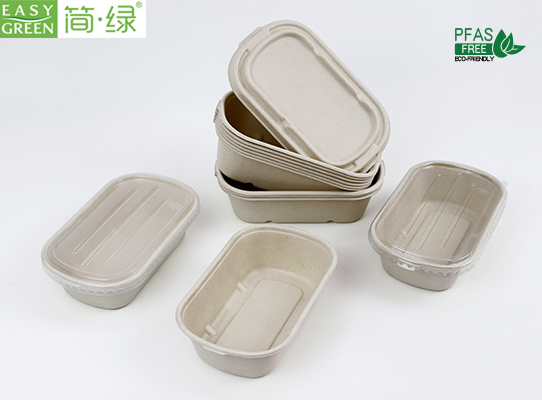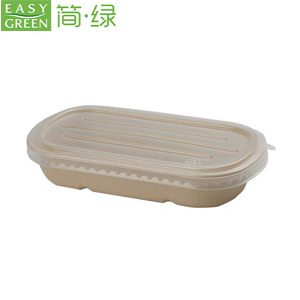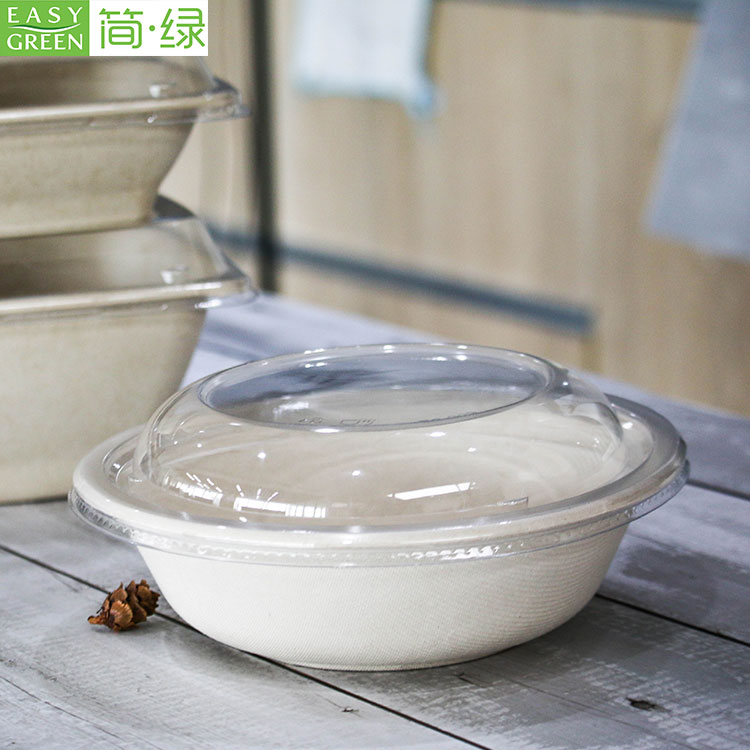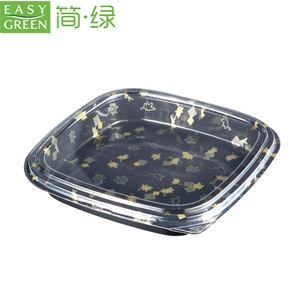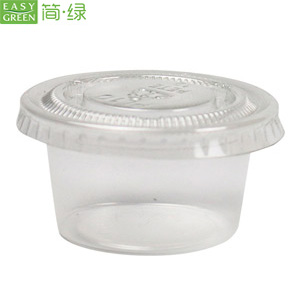In recent years, there has been a growing concern about the impact of packaging materials on the environment. With the increasing demand for convenient and ready-to-eat food products, it is crucial to find alternatives that are both sustainable and environmentally friendly. Easy Green, a brand committed to promoting eco-friendly practices, offers a range of packaging solutions that not only ensure the freshness and safety of food but also minimize environmental harm. In this article, we will explore different environmentally friendly food packaging materials and their properties.
Biodegradable Plastics:
One of the most popular alternatives to traditional plastics is biodegradable plastics. These materials are designed to break down quickly under the right conditions, reducing the amount of waste that ends up in landfills or oceans. Easy Green employs biodegradable plastics made from plant-based sources such as corn or sugarcane. These materials possess similar properties to conventional plastic but can be composted, providing a sustainable solution for food packaging.
Recyclable Paperboard:
Another widely used packaging material is paperboard, which is made from renewable resources like wood pulp. Unlike plastic, paperboard can easily be recycled multiple times, reducing the strain on natural resources. Easy Green ensures that the paperboard used in its packaging is sourced from responsibly managed forests, promoting sustainable practices. Additionally, these materials can be customized with various coatings to enhance their resistance to grease, moisture, and other environmental factors, making them suitable for a wide range of food products.
Compostable Packaging:
Wholesale compostable packaging has gained popularity due to its ability to biodegrade into organic matter, which can then be used to enrich the soil. Easy Green offers compostable packaging materials made from renewable resources such as plant starches, cellulose, and sugar beet. These materials are not only biodegradable but also help reduce greenhouse gas emissions during decomposition. Compostable packaging is an excellent option for perishable food items, particularly fruits and vegetables, as it maintains their freshness and extends their shelf life.
Easy Green's commitment to environmentally friendly food packaging materials goes beyond the materials themselves. The brand also focuses on reducing the overall packaging waste, opting for minimalist designs and efficient packaging solutions. By using materials that can easily be recycled or composted, Easy Green minimizes the carbon footprint associated with packaging.
In addition to their eco-friendliness, these alternative packaging materials also offer practical benefits. For instance, biodegradable plastics possess excellent barrier properties, protecting food products from moisture and oxygen, thereby enhancing shelf life. Recyclable paperboard provides excellent printability and can be easily shaped, making it ideal for custom branding and attractive product presentations. Wholesale eco friendly packaging, on the other hand, keeps food fresh due to its excellent breathability and moisture retention properties.
Transitioning to biodegradable food packaging materials not only benefits the planet but also addresses the growing consumer demand for sustainable products. Easy Green understands the importance of staying ahead in this aspect and constantly explores new innovations in packaging materials to ensure minimal waste generation. Their collaboration with experts in the field enables them to create packaging solutions that meet the highest standards of environmental sustainability without compromising on quality or convenience.
To sum up, Easy Green's range of wholesale biodegradable packaging materials showcases their dedication to sustainability. Biodegradable plastics, recyclable paperboard, and compostable packaging are just a few examples of the alternatives available to reduce the environmental impact of food packaging. By embracing these materials, we can move towards a more sustainable future where packaging waste is minimized, and the health of our planet is preserved.
 English
English 
